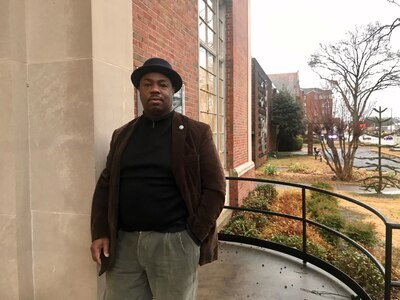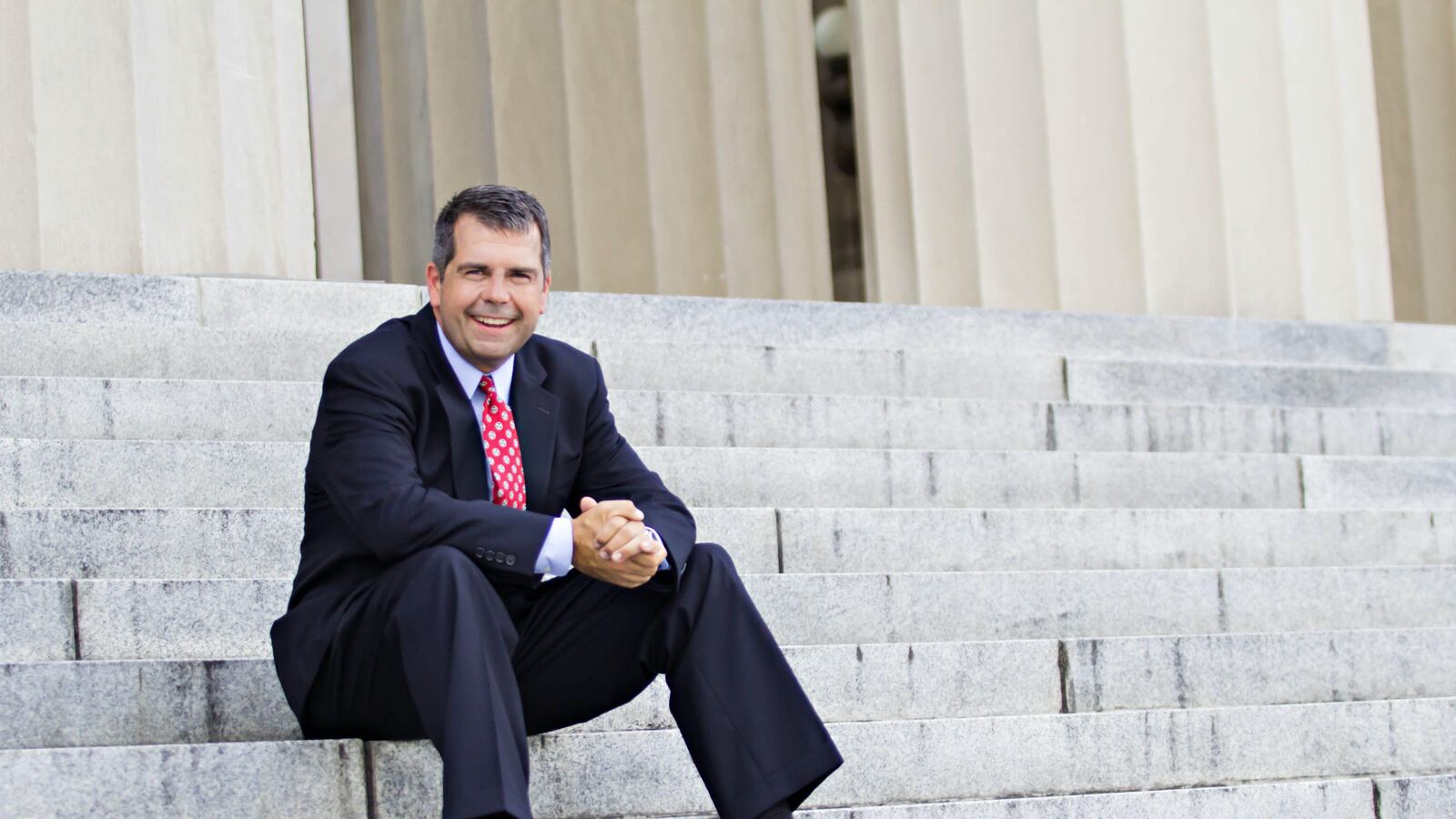As Gov. Bill Lee’s administration moves quickly to launch an education voucher program in 2020, Tennessee Democrats are putting forth at least two bills to derail it.
Reps. Bo Mitchell of Nashville and Joe Towns of Memphis have drafted separate proposals that would rescind Tennessee’s education savings account law, arguably the most significant legislation to pass in 2019 because it cracks open the door to a shift in how the state funds K-12 education.
Their push will bring the issue back to the GOP-controlled legislature, where lawmakers rushed to give their popular new Republican governor a major victory by approving an education savings account program last spring.
Republican leaders promise that any bills to revisit the law will get a fair shake when the legislature reconvenes on January 14.
“We were pushed too hard and fast during the last session, and it’s my desire to slow the process down this time,” said House Education Committee Chairman Mark White, a Memphis Republican who voted for the governor’s plan. “I think we owe it to ourselves and to the citizens of this state to make sure we get answers.”
Democrats hope for a different outcome this time around as questions continue to nag Lee about the questionable way that his initiative squeaked through the legislature. And they’re optimistic about a less partisan atmosphere under new House Speaker Cameron Sexton, a Republican who voted against vouchers and has promised to allow robust debate on controversial matters.
They also want an election-year discussion on the merits of education savings accounts before lawmakers head back home to explain their positions to voters.
“There’s a cloud hanging over this law,” Towns said.

That cloud includes questions about whether improper incentives were offered to break a 49-49 tie to pass the bill on the floor of the House, the chamber that had consistently blocked voucher legislation prior to this year. Democrats are frustrated that Rep. Martin Daniel, the Republican who chairs the Government Operations Committee, has dismissed their call for hearings into a mysterious $4 million grant pool created at the request of former House Speaker Glen Casada amid the contentious debate.
There also are concerns about the new program’s rollout, including the governor’s order to launch education savings accounts a year earlier than required under the law. Even legislators who voted for the bill were surprised and mostly frustrated at the accelerated timeline, although the governor has assured them that he’ll slow the process down if he’s not confident about the program’s readiness.
Meanwhile, new questions have emerged over whether public funds provided to families through education savings accounts will be taxed — potentially hurting the very people that the program is intended to help.
“I think we ought to clean the slate and start all over again,” Mitchell said of his bill to delete the law. “If the governor and his people want to bring this legislation again and move it in a systematic and legal manner, then let’s do that.”
Tennessee has been a hotspot in the national tug-of-war between those who want to use taxpayer money to give parents more education choices for their children and others who say that approach diverts money from already underfunded public schools.
When Lee came into office, he introduced education savings accounts as his vehicle to let eligible families pull their children from public schools and use their state education dollars to pay for private school tuition, tutoring, or other approved education-related expenses. The goal, he said, is to assist low-income families whose children attend low-performing schools.

Education savings accounts are a newer type of voucher that polls better with voters than do traditional vouchers, which are limited to private school tuition and fees. Lee built support for his proposal from rural legislators by narrowing the program’s launch to urban school districts in Memphis and Nashville, even though almost every lawmaker representing those two communities opposed the measure.
Beyond legislative proposals from Mitchell and Towns, the new law could face legal challenges over its constitutionality. School boards for Shelby County Schools and Metropolitan Nashville Public Schools may sue the state for singling out their communities, and several other civil rights and advocacy groups object to language in the law that appears to try to exclude undocumented students from participating. But none are revealing their legal timelines or strategies as they keep an eye on the upcoming legislative session.
“We’ll wait and see,” Superintendent Joris Ray said this week in Memphis. “At the end of the day, we’ll leave it in the hands of our attorneys and our state legislators, and our board will make the final call.”
A spokesman for Metro Nashville schools said a legislative fix is preferred over litigation but added: “We are not resting our hopes on that outcome and will continue pursuing legal options.”
A successful legislative challenge would require bipartisan support, and Rep. Bruce Griffey, a Republican from Paris, has signed on to co-sponsor Mitchell’s bill, which also is being co-sponsored by almost every House Democrat.
Mitchell likes their chances in the House, where vouchers passed 50-48, but the Senate will be a tougher climb. The governor’s plan passed 19-14 there, but not before senators raised concerns about the program’s potential cost.
Even if the legislature doesn’t rescind the law, Sen. Sara Kyle believes there’s an appetite to order the education department to delay the program’s start until 2021.
“This is moving way too fast, and I think that members of the Senate have been home long enough to hear that message from constituents,” said Kyle, a Memphis Democrat who is sponsoring Mitchell’s bill in the Senate. “We’ve had a huge turnover in the education department, and there are a lot of questions that people want to work out.”
Rep. Bill Dunn, a Knoxville Republican who helped to guide the governor’s bill through the House, said those questions should include whether Tennessee is giving families enough opportunities to choose the best educational environment for their students. He’ll gladly oppose any bills to rescind the law, as will the governor.
“The governor continues to believe that lower-income children and families in low performing districts should have access to a high quality education,” Lee’s spokesman said on Tuesday. “We will work hard to ensure those opportunities are available to them as quickly as possible.”

